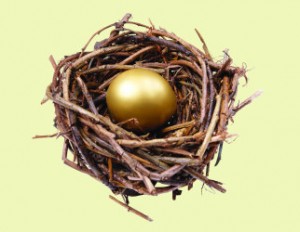Get to know your pension plan
Since your company pension plan makes up a significant part of your savings, it makes sense to know how it works and how much you're saving.
Advertisement
Since your company pension plan makes up a significant part of your savings, it makes sense to know how it works and how much you're saving.
 If you have a pension plan at work, you’re one of the lucky ones. Of the 17.6 million Canadians in the work force, only about six and a half million have a pension plan. There are about 10,000 pensions in Canada, and 55% of those are held in the public sector. So while you might think that loads of people have company pension plans, the truth is those people are in the minority. Even worse, many of you who are enrolled (or eligible to enroll) don’t understand how your plans work.
Pension plans fall into one of three basic categories:
If you have a pension plan at work, you’re one of the lucky ones. Of the 17.6 million Canadians in the work force, only about six and a half million have a pension plan. There are about 10,000 pensions in Canada, and 55% of those are held in the public sector. So while you might think that loads of people have company pension plans, the truth is those people are in the minority. Even worse, many of you who are enrolled (or eligible to enroll) don’t understand how your plans work.
Pension plans fall into one of three basic categories:
Share this article Share on Facebook Share on Twitter Share on Linkedin Share on Reddit Share on Email